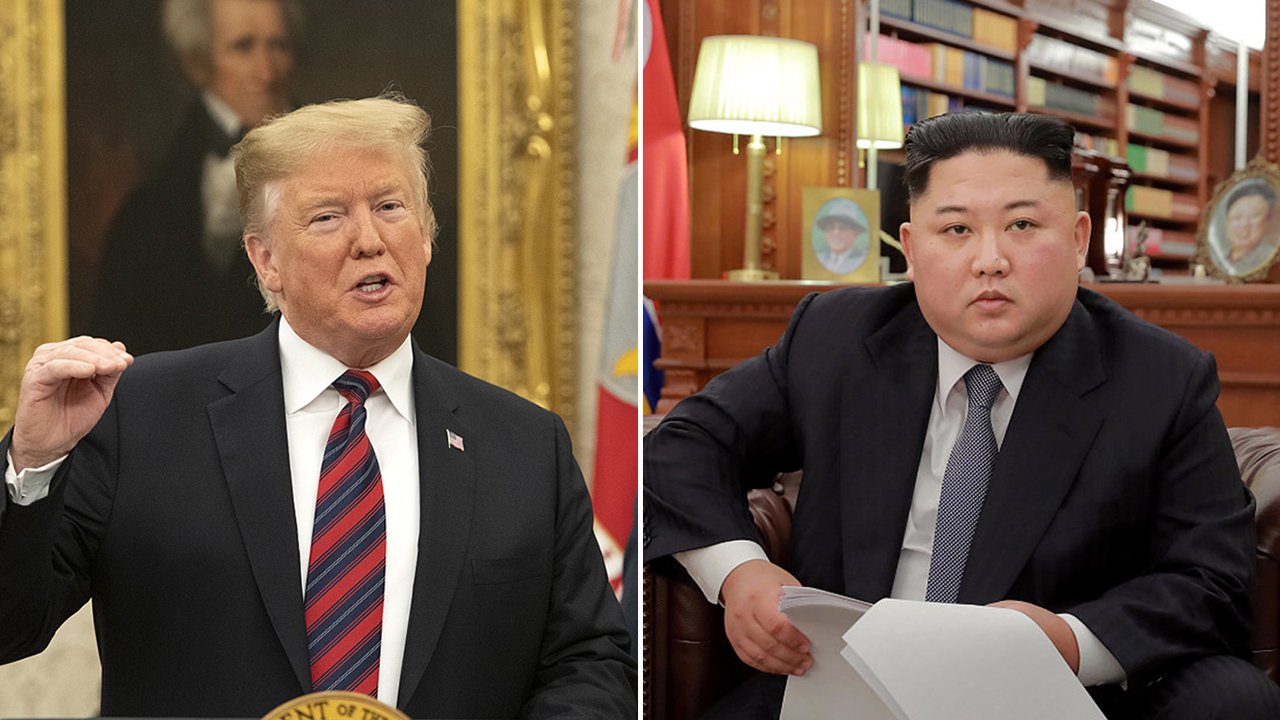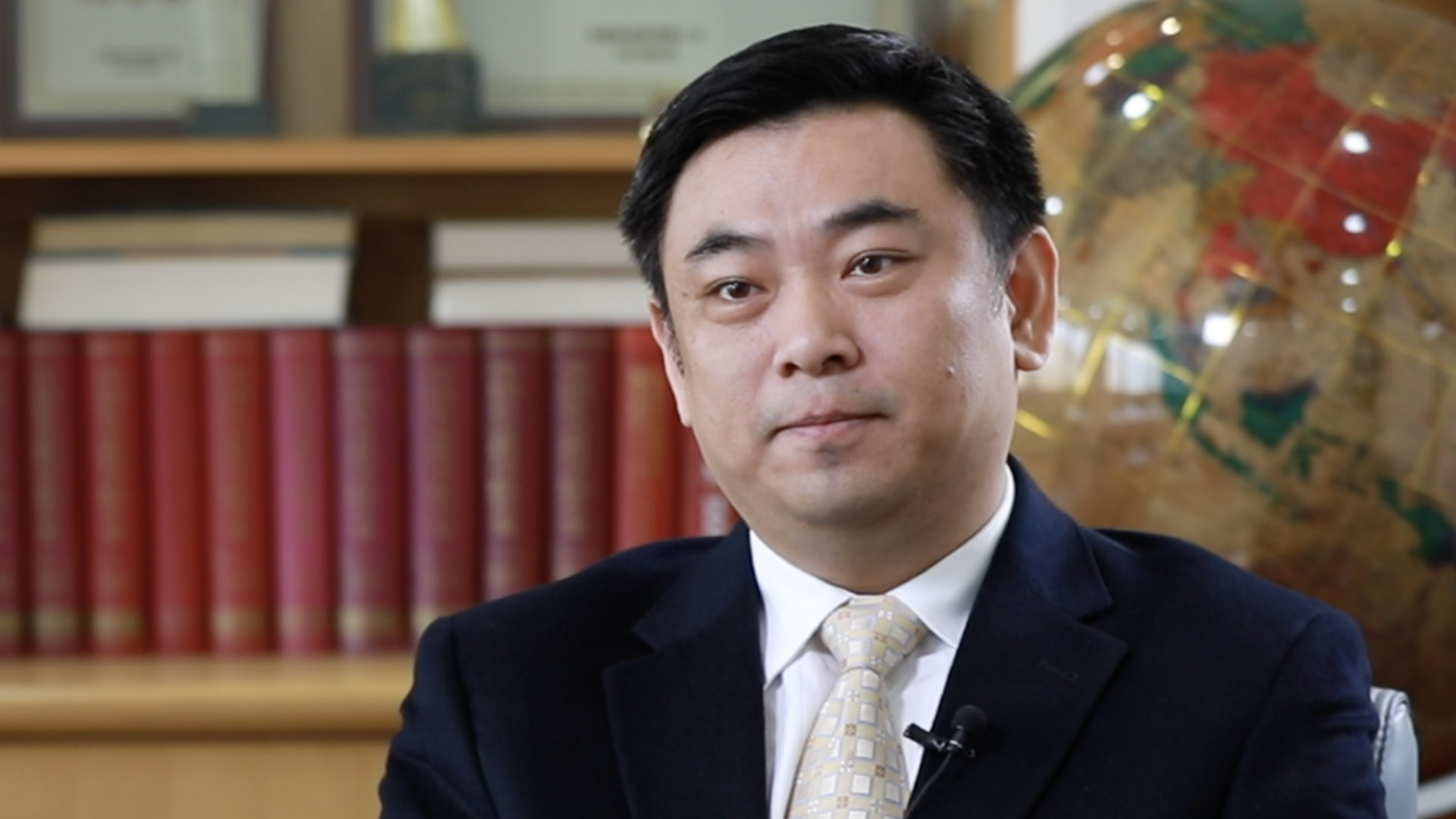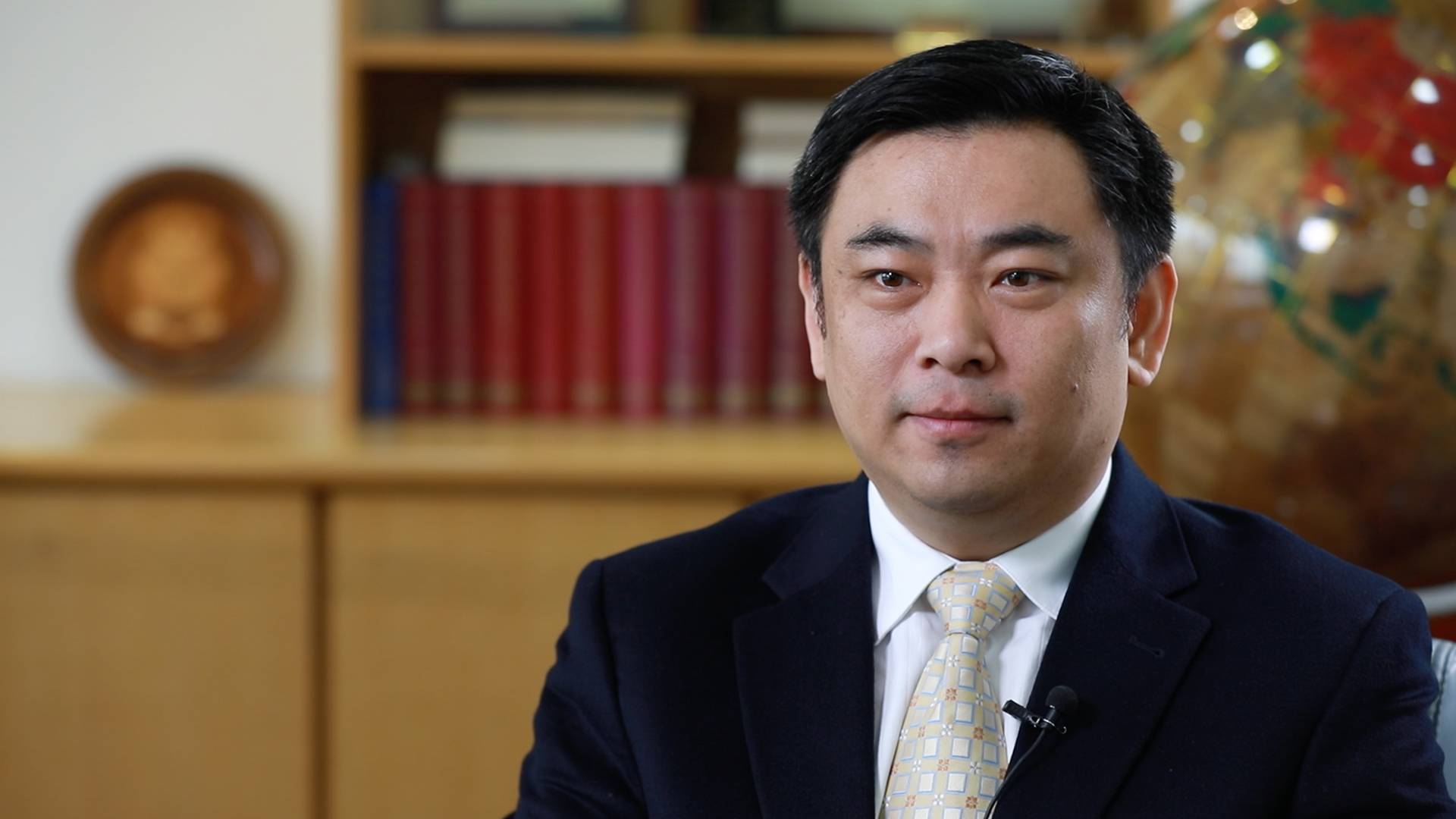
Asia Pacific
19:21, 20-Jan-2019
Expert: Why Vietnam is ideal location for Trump-Kim meeting and more
Updated
22:31, 20-Jan-2019
By Zhou Jingnan

Vietnam is likely to be chosen as the location for the next meeting between the leaders of the U.S. and the Democratic People's Republic of Korea, as it represents a good example for the DPRK to follow after the latter's denuclearization, a Chinese expert on U.S. foreign policy said.
The White House announced Friday that the second summit between U.S. President Donald Trump and Kim Jong Un, leader of the DPRK, "will take place near the end of February."
The heavy-weight news immediately triggered speculations about where the meeting will take place, with Vietnam emerging as the most likely pick.
Zhao Hai, Research Fellow with Chinese Academy of Social Sciences' Institute of World Economics and Politics, gave his thoughts on the public speculation in an interview with CGTN Digital.
"Last year, or even the year before last, there's been a lot of talk (inside the U.S.) about the so-called 'Libyan model' (for the DPRK), which is for Gaddafi, the (former) Libyan leader to first execute denuclearization, and then to lift international sanctions (from Libya)."
Given the unpleasant ending of Gaddafi, this model is not well received by the DPRK, Zhao said.
Thus Vietnam, which had fought a war with the U.S. yet still managed to maintain a good relationship with it without pursuing the development of nuclear weapons, became the new option, Zhao added.
The expert also emphasized that Vietnam has developed through its own reform and opening up, suggesting the DPRK may also learn from the country in that area.
00:49

Earlier, Reuters quoted a diplomatic source as saying the purpose of the second meeting was to advance the relations between the U.S. and the DPRK after things "ground to a halt" following the first Trump-Kim meeting in Singapore last June.
It is widely believed that the current impasse the U.S. and the DPRK are at is attributed to the disagreement on the U.S.-proposed "complete, verifiable, and irreversible" denuclearization of the Korean Peninsula.
Zhao said it is unrealistic for the U.S. to unilaterally demand the DPRK for the complete denuclearization without making any concessions.
02:29

He said the U.S. has tried military threats and economic sanctions, but neither seemed to be working well with the DPRK.
"So at this stage, if the United States really wants to resolve this problem, they have to be realistic and practical."
Zhao offered China's dual-track solution as the most viable way out of the crisis, saying the Korean Peninsula should be denuclearized while it gets a peace mechanism provided by the U.S.
The research fellow also spoke highly of China's involvement in the peaceful settlement of the nuclear issue on the Korean Peninsula.
02:17

He said China had been a major sponsor of the six-party talks, strictly follows the UN Security Council's resolutions on the DPRK, and is actively seeking more engagement between the U.S. and the DPRK.
"Now what happened is that both the DPRK and the United States actually followed China's proposal," Zhao pointed out, referring to the freezing of nuclear weapons and missile tests on the DPRK side, and the suspension of joint military drills between the U.S. and the Republic of Korea (ROK).
"Some say China has an invisible hand, but actually China's hand is quite visible in promoting peace and stability in the region," Zhao concluded.
(Video editors: Zhao Yuxiang, Ge Ning)

SITEMAP
Copyright © 2018 CGTN. Beijing ICP prepared NO.16065310-3
Copyright © 2018 CGTN. Beijing ICP prepared NO.16065310-3